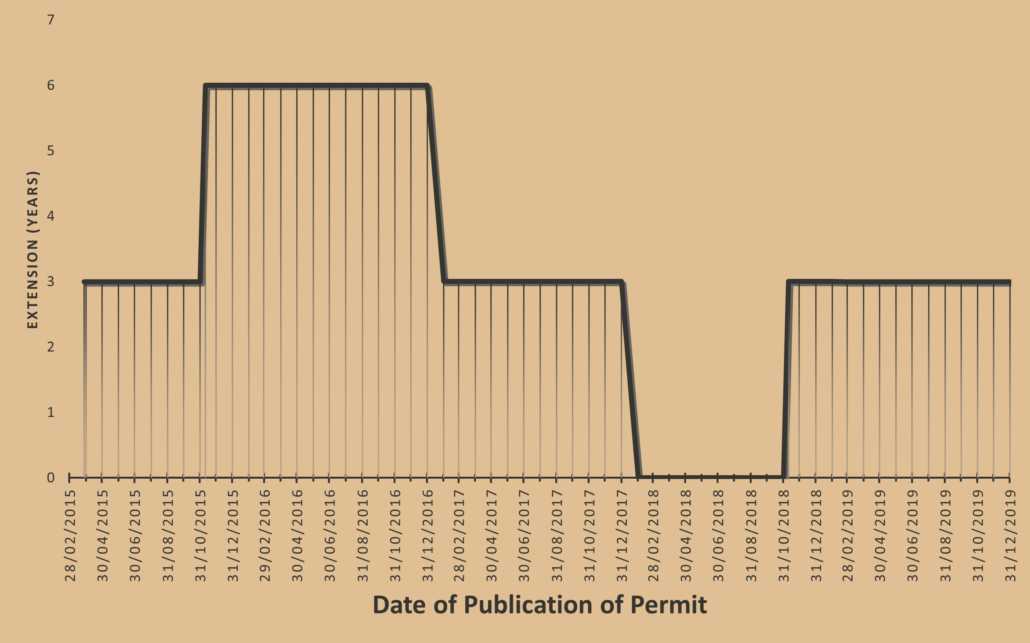PR 09/23 | Government fails to honour agreement with Kamra tal-Periti on budget allocation
During its Annual General Meeting held recently, the President of the Kamra tal-Periti outlined the successes and challenges the Kamra has had during 2023.
Among its successes, Andre Pizzuto highlighted three in particular:
- The coming into force of the new Periti Act, and the publication for the first time in the profession’s history of two separate lists of warranted architects and warranted civil engineers.
- The coming into force of new regulations for the licensing of contractors, which the Kamra strived for since 2007.
- The high profile the Kamra has been attained at an international level with direct representation on the Architects’ Council of Europe, European Council of Civil Engineers, and Engineers Europe.
Pizzuto expressed satisfaction at the Council’s efficiency in processing professional conduct cases during 2023. Indeed, improvements have been registered in almost all phases of the process (see fig.1), despite the fact that their handling is still being done on a voluntary basis with no budget allocation from the government.

Figure 1 – Status of professional conduct complaints at year end
Pizzuto also expressed his satisfaction that after long negotiations that started in May 2021, the government has finally transferred the amount of €15,000 for the Kamra to use as a deposit to initiate the development of an IT system to handle the new roles assigned to it by law.
Nevertheless, Pizzuto expressed his deep disappointment that despite reassurances given to the Council in July 2023, shortly after the announcement of the public inquiry into Jean Paul Sofia’s demise, that an annual budget of €150,000 to cover part of the Kamra’s statutory expenses would be allocated as from last October, these promises were not honoured.
This disappointment is exacerbated by the fact that while no budget allocation for the Kamra tal-Periti was deemed necessary by the government, the Real Estate Licensing Board was allocated €150,000, and Property Malta was allocated a further €300,000.
The lack of a budget allocation by the government for the Kamra – particularly at a time when the construction industry is in crisis and in desperate need of investment in upskilling, establishment of standards, and effective enforcement (including the Kamra’s disciplinary processes) – is considered by the Council to be politically short-sighted and negligent.
The Kamra trusts that the government will reconsider its position and provide it with the necessary funding so it may fulfil its statutory obligations to safeguard the public interest.
At the end of the general meeting, the new Council for 2024 was appointed as follows:
| President | Perit Andre Pizzuto |
| Vice President | Perit Matias Camilleri de Marco |
| Honorary Treasurer | Perit Ivynne Grixti |
| Honorary Secretary | Perit Nicholas Mallia |
| Communications & International Secretary | Perit Joeaby Vassallo |
| Secretary General | Perit Matthew J. Mercieca |
| Business Development Secretary | Perit Philip Farrugia |
| Education Secretary | Perit Prof. Rebecca Dalli Gonzi |
| Culture Secretary | Perit Sebastian Grima |
| Liaison Officer | Perit Anthony Bezzina |

